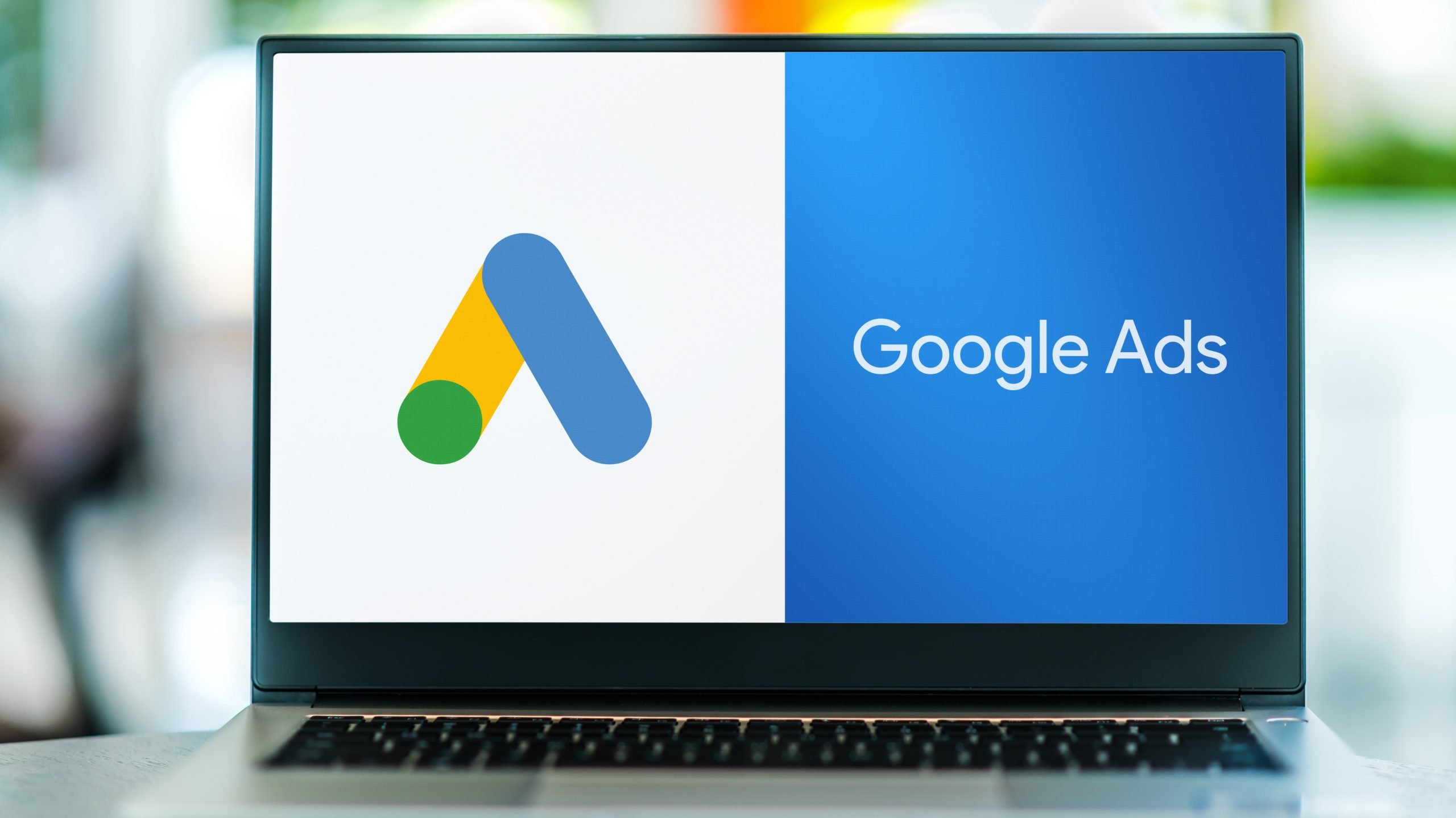8 Things to Know Before Launching a PPC Marketing Campaign

From increased brand visibility and website traffic to reaching highly interested prospects to providing detailed analytics, pay-per-click (PPC) advertising can greatly benefit your company. However, the degree to which you realize these benefits hinges on a well-planned and executed inbound campaign.
For success, it’s essential to cover all the bases. Here, we’ll take a closer look at eight things you need to know to launch a successful PPC marketing campaign.
1. Budget
How much can you afford to spend?
This is a balancing act because if your Google or Microsoft Ads click budget is too low, your ads will not have many impressions or ad clicks. In turn, visitor conversions will be limited.
Part of your monthly budget will be allocated to paying a marketing partner to manage your account monthly. This is a requirement, as accounts must be continually monitored and updated for optimal outcomes and success.
Also, be aware that budgets for regional campaigns can be lower than budgets for national campaigns since you will be targeting a smaller geographical market.
2. Geographic Market
Are your products and services aimed at a local, regional, or national market?
Regional markets are a good way to test a campaign if you’re working with a lower budget spend. Any geography can be selected—contiguous states, random states, entire countries, or specific cities.
3. Customer Avatar
To create a PPC campaign that excels, you must intimately understand your customers, their needs, and what they desire.
Here are a few of the questions to ask when defining your target customer:
- Who is your ideal customer?
- What are their key demographics?
- Where do they live, work, and play?
- What are their pain points?
The more effectively you identify your target audience, the more effectively you can optimize your PPC campaign (and budget) for better results.
4. Priority Products and Services
This one is intuitive. After all, spending money advertising low-profit margin items isn’t wise. To focus your PPC campaign around high-profit margin items, you must answer the question: What are your most profitable products and services?
5. Preliminary Keyword/Keyphrase List
When a user inputs a query into a search engine, the words they use, “keywords,” trigger the paid ads to appear.
Which begs the question: What words and phrases would prospects’ use to search for your products and services if they didn’t know about your company?
Be aware of similar keyphrases that prospects might confuse for other products/services, and “negative keyphrases,” which can be used to exclude certain words or phrases. If users perform these searches, they won’t be shown your ads.
A more refined keyword/keyphrase list will pay off with more bang for the buck. Focusing on the keywords/keyphrases and negative keyword/keyphrases will best help you meet your ROI goals. A professional PPC campaign streamlines advertising costs, increases click-through rates, and directs traffic to the most suitable ads.
6. Branding
While generating leads may be a primary purpose of paid search, it’s far from the only one. In the spirit, “If they don’t know you, they won’t buy from you,” creating brand awareness with display ads is also critical.
While they may generate fewer leads than text ads, they are vital to introducing your company to the market and building familiarity and trust.
Running visual display ads in different sizes on various websites is a powerful way to build your company name and offerings within your target market.
7. Landing pages
Paying for ads to point them to a weak website is costly. As part of any PPC campaign, every effort should be made to tighten your target website up—both regarding visual impact and messaging.
Rather than directing your target audience to generic pages, landing pages welcome site visitors with content that aligns with the focus of the ad they clicked on, thereby enhancing lead generation results.
Landing pages have other benefits, too including increasing conversions, providing additional insights into your target market, growing your email subscriber list, and increasing brand value and consumer confidence. Plus, they’re testable and measurable.
8. Search Engine Focus
While different search engines have unique pros and cons, there’s no denying the supremacy of Google. Not only is Google the leading search engine in the United States, but it accounts for a staggering 85% of market share in 2023.
While Bing and Yahoo! trail way behind at 8 percent and 2 percent, respectively, don’t count them out, as they can be effective for some industries and markets.
For example, Bing is less saturated (and often more affordable) than Google and attractive to small and medium-sized businesses. Furthermore, Bing Ads may reach more established, higher-income markets.
The takeaway? Just because Google is bigger doesn’t mean it’s irrefutably better.
Make the Most of Your PPC Campaign with X-Factor
PPC is one of the most cost-effective marketing tactics for getting your products and services in front of your target audience. But it’s also an art and a science requiring constant attention and adjustment. Failure to keep up can quickly lead to diminishing returns.
That’s why it pays to work with a company like X-Factor. We specialize in PPC and other digital marketing strategies and have a proven track record of helping brands launch and manage successful PPC campaigns.
If you’re ready to start putting PPC to work for your brand, get your free quote from the X-Factor team today.
All content herein © 2023 X-Factor Web Marketing



